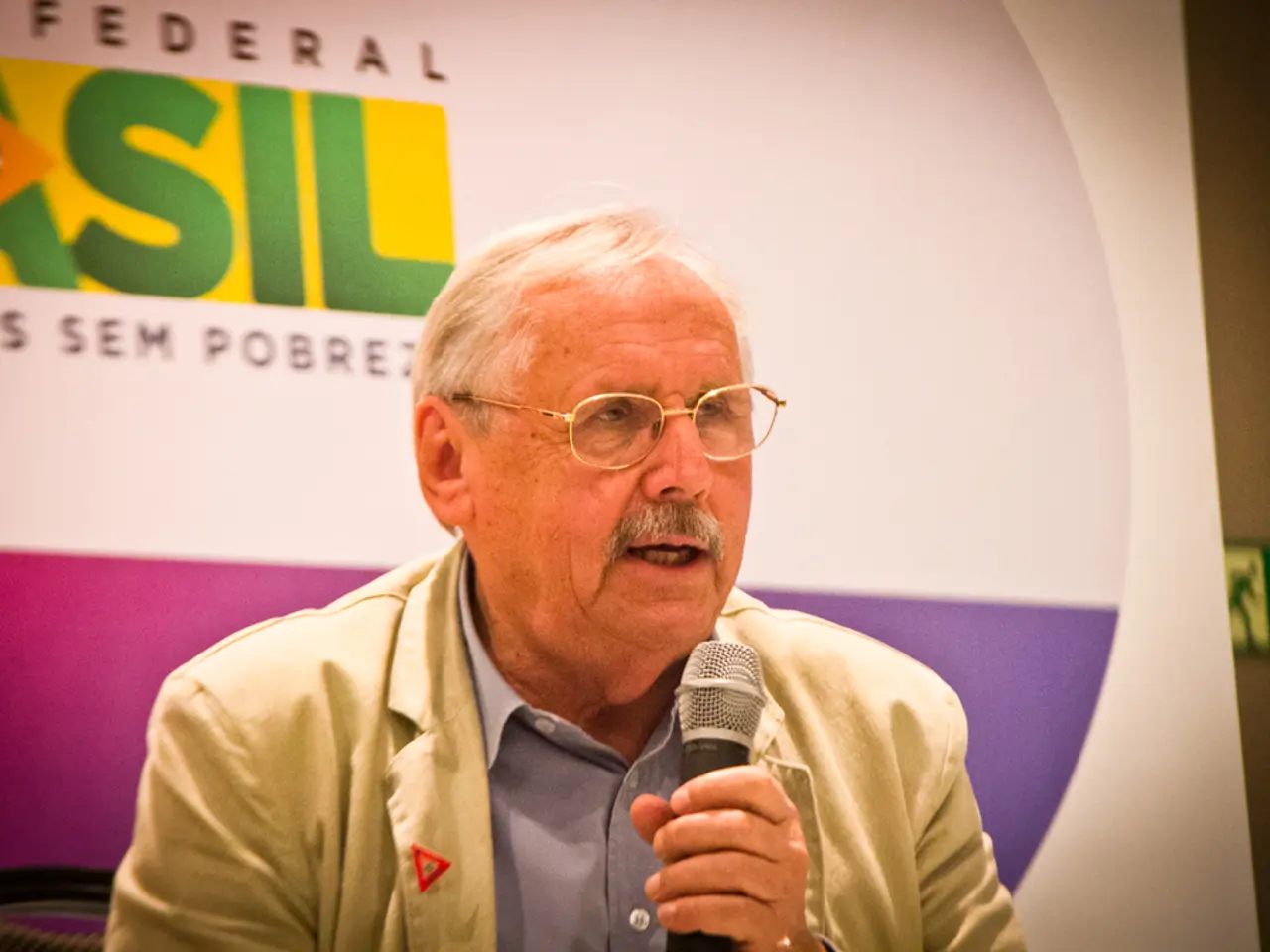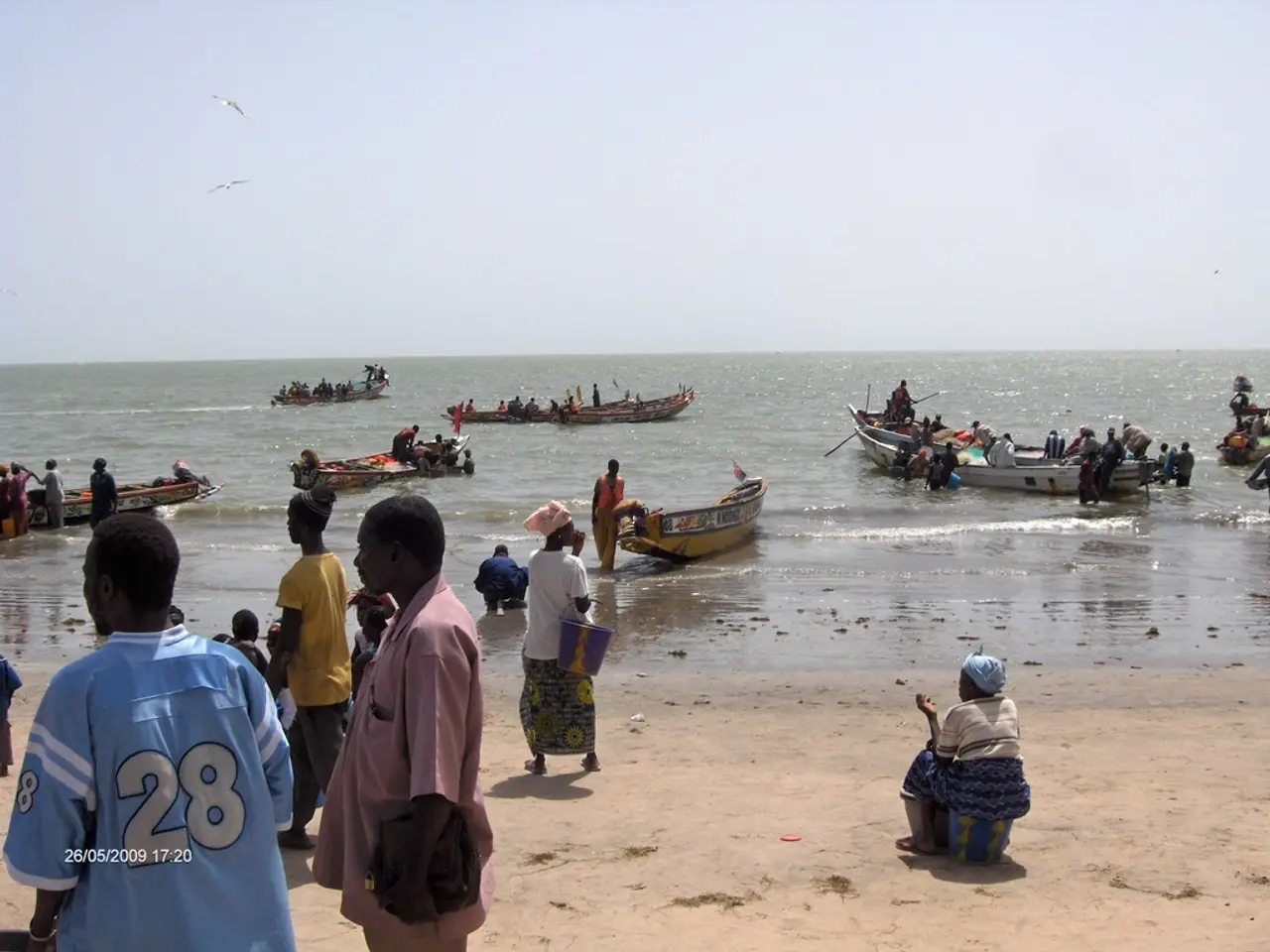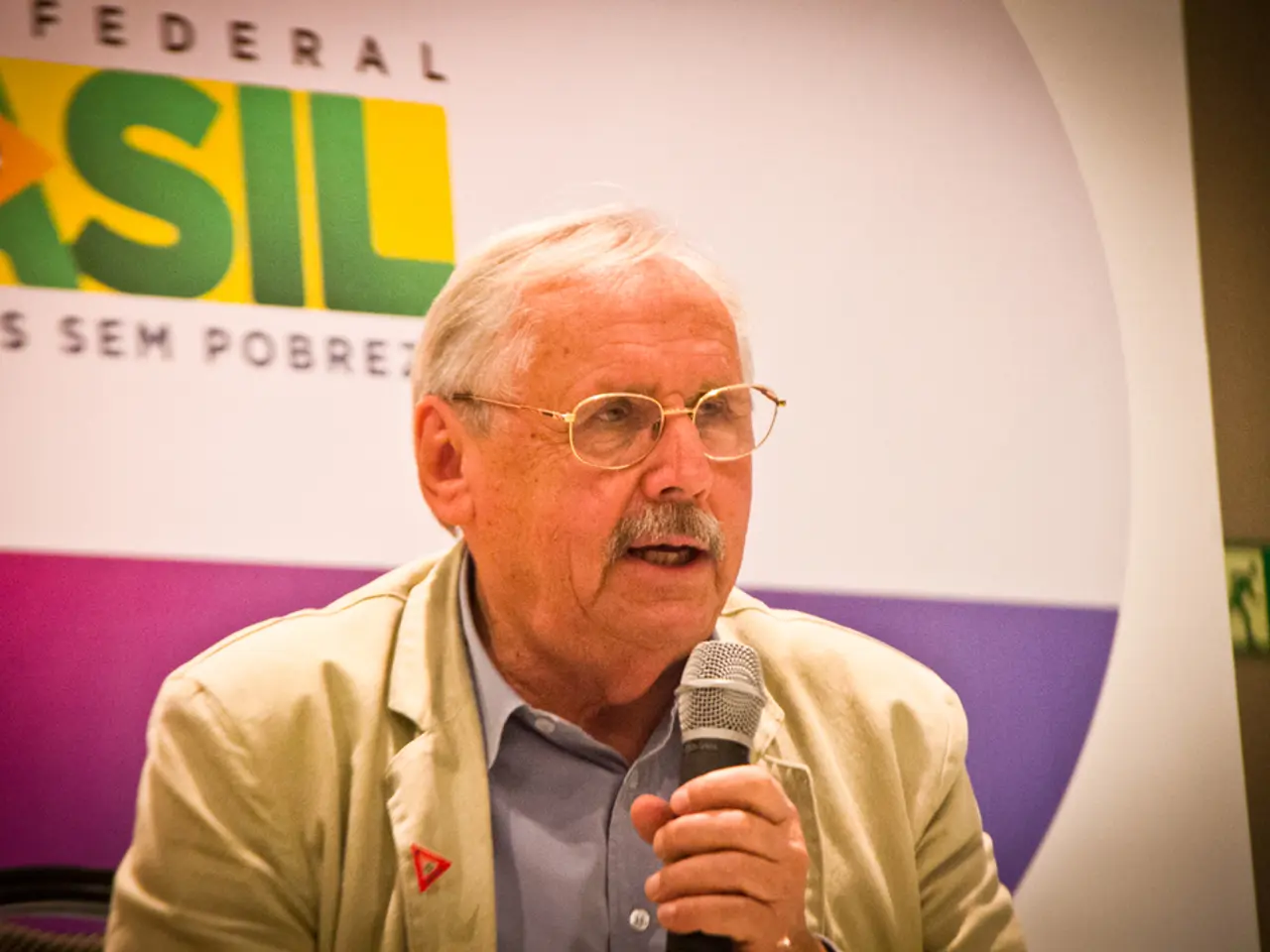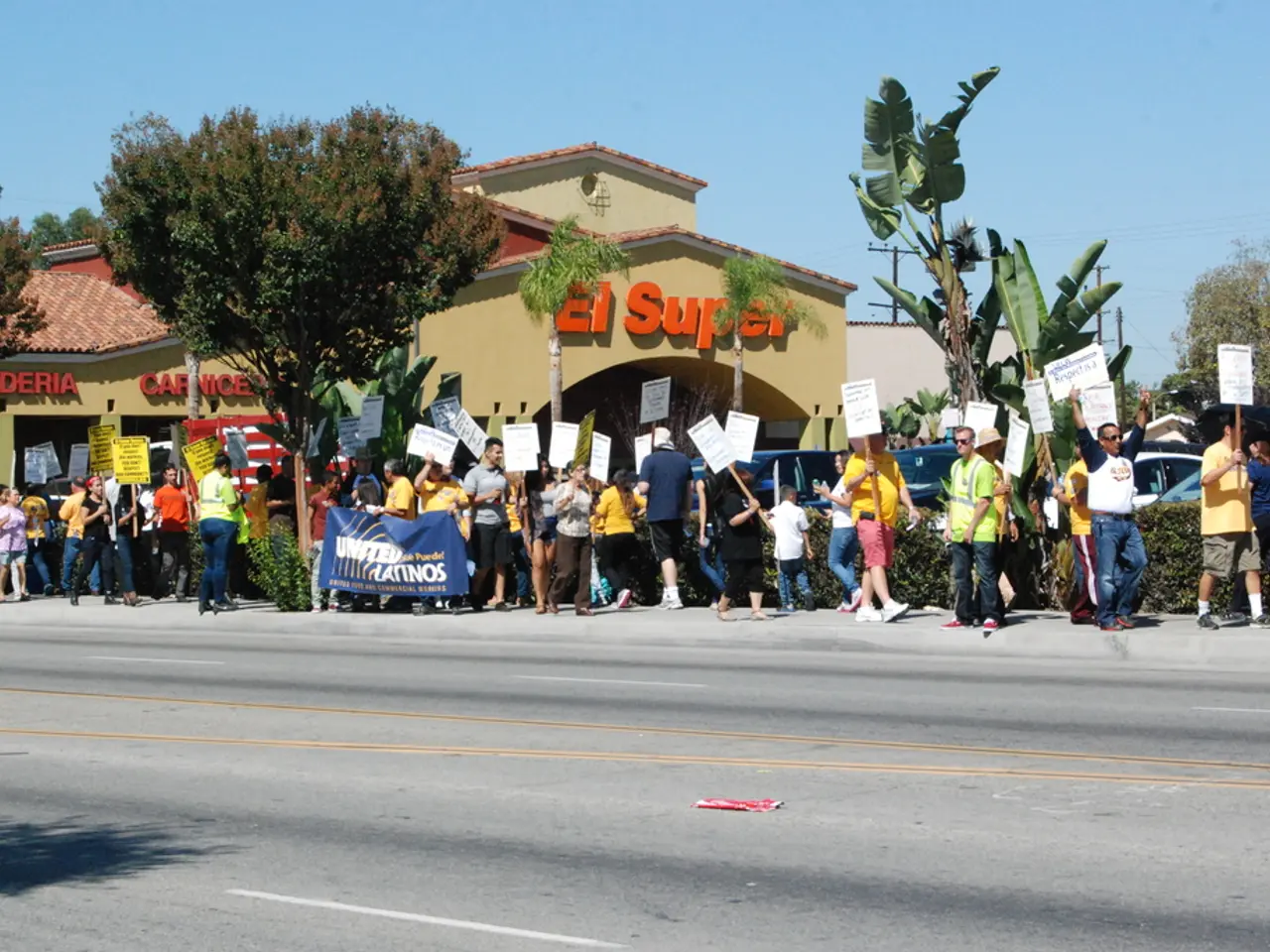Political entities within the EU are advocating for a temporary halt to hostilities.
In a series of recent developments, EU faction leaders and officials have escalated their accusations against Israel, claiming that the actions in the Gaza Strip amount to genocide. This growing concern comes as international legal experts and organizations, including B’Tselem and Amnesty International, have supported these claims, citing intent and systematic attacks on civilians.
The latest accusations were made by Teresa Ribera, a senior EU official, who stated on August 7, 2025, that the Gaza crisis "looks very much like genocide" or fulfills the definition of genocide. Prominent European parliamentarians such as Marc Botenga and others have also openly criticized the EU’s continued partnerships with Israel despite evidence of genocide, calling for suspensions of agreements like the EU–Israel Association Agreement.
The accusations of genocide are based on the intent demonstrated by policies causing mass civilian deaths, starvation, and destruction of infrastructure in Gaza. Some genocide scholars argue that Israel’s response to the Hamas attacks in October 2023 meets criteria for genocidal intent, obliging European countries to act under the Genocide Convention.
Amid these accusations, Israel is planning a full military occupation of Gaza City. This plan, approved by the Israeli security cabinet in early August 2025, has been widely condemned internationally, including by the UN, major European nations, and others. Germany has suspended arms export approvals to Israel in response, and some European entities are reconsidering financial investments linked to Israel.
The potential full takeover of the largely destroyed coastal region of Gaza raises questions about the future of the approximately two million Palestinian residents and the aid organizations operating there. It is unclear what a full occupation would mean for the current humanitarian crisis.
Meanwhile, in Lebanon, a cabinet meeting is scheduled to discuss the control of all weapons by the Lebanese state and the subsequent disarmament of Hezbollah. The Israeli military continues to strike almost daily in Lebanon, causing concern for a renewed war.
In a separate development, Israeli Prime Minister Benjamin Netanyahu has consulted with army chief Eyal Zamir about the further course of the Gaza war. Reports suggest that Zamir presented possible options for the continuation of the conflict.
The ongoing situation in Gaza and the accusations of genocide have sparked international debate and concern, with many calling for immediate action to address the humanitarian crisis and ensure compliance with international law.
The increasing international debate regarding the Gaza crisis involves not just the allegations of genocide, but also extensive discussions on politics, general news, and crime-and-justice, as Europeans demand accountability from Israel (politics) and question the EU's continued partnerships (crime-and-justice). Moreover, the escalating war-and-conflicts scenario in Gaza, with accusations of genocidal intent, requires the attention of relevant international organizations and legal scholars (general news).








